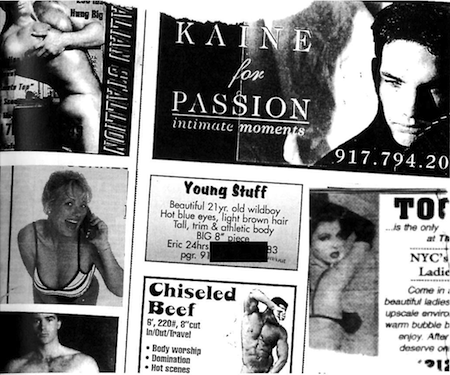 Some aspiring Buddhists appear to be hindered in their progress by a form of secular Calvinism that has persisted as a deeply buried fossil from childhood. This fossil manifests itself as self-righteousness. Self-righteousness is another word for spiritual arrogance. This arrogance limits our aspiration to take a larger, compassionate view of the world. It also fuels the creation of a condemning mind, a mind that is more closed than open. The following spiritual practice may be used to work with self-righteousness.
Some aspiring Buddhists appear to be hindered in their progress by a form of secular Calvinism that has persisted as a deeply buried fossil from childhood. This fossil manifests itself as self-righteousness. Self-righteousness is another word for spiritual arrogance. This arrogance limits our aspiration to take a larger, compassionate view of the world. It also fuels the creation of a condemning mind, a mind that is more closed than open. The following spiritual practice may be used to work with self-righteousness.
If you do not carry out this practice, notice carefully the thoughts, emotions, and feelings that arise as you consider and reject. How do these emotions act as an obstacle to your own liberation? How do they arise as an obstacle to compassion and helping others?
THE PRACTICE
Rent a hotel room. Then look in the Yellow Pages for an escort service. Notice guilt and fear arising. Call an escort service and request another human being. Be explicit about your desire and needs. Notice if guilt and fear arise. Gently encourage yourself to be more explicit: Hair color? Shape? Clothing? Age? Gender? Notice the fear of precision. Notice fear of what others will say. If guilt or shame arise, feel them and remain mindful.
When the escort arrives, invite him or her in politely. Notice arrogance, revulsion, or condemning mind, and gently label it. This stranger in front of you is a person like any other. They need money. They probably would not be a prostitute if they did not have a sad childhood and pressing needs. Although you cannot liberate them, you can treat them like a fellow human being, and you can pay them well.

Be hospitable. Invite them to be seated and offer a drink. Notice your mind while in the presence of this other person. Do you feel moral superiority? Condescension? Arrogance? Fear? Revulsion? A sense of power? Are you conscious of the cost of each minute? What is the barrier to opening your heart to such a person? Undress together. Do you feel shame of your own body? Request an act of sexual gratification that is not harmful. Notice your state of mind. Can you enjoy this act with a stranger? What is holding you back?
Gently hold this strange being close to you. How do you feel after the act of your choice? Does guilt remain? Do you feel regret? Sadness? Was your fear overwhelmed briefly by sexual intoxication?
Pay generously. Remind yourself that this money could have supported many worthy causes. List at least five of them that you consider to be particularly deserving. Now you have spent this money. Remind yourself that in spite of all our aspirations, this scene is played out daily in countless hotels and motels around the world. Rouse compassion for those who must, at a phone call, expose themselves intimately to others. Rouse compassion too for those who are driven by passion and have this as their sole outlet.
Return to your home. Reflect upon this experience. Which was more revealing as a practice, which opened your heart more: an hour of meditation, or this hour in a hotel room with a stranger? What does this mean for integrating our spiritual practices with our day-to-day life?
Thank you for subscribing to Tricycle! As a nonprofit, we depend on readers like you to keep Buddhist teachings and practices widely available.